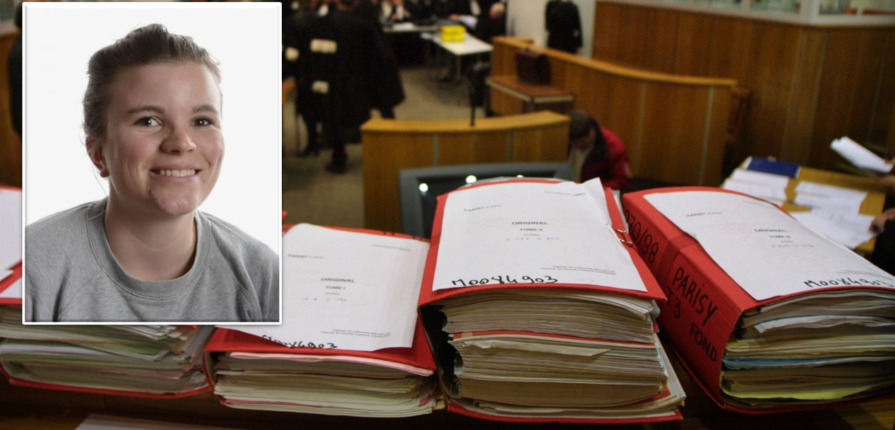NEW ARTICLE: Ida B. Juhasz has published an article in Child & Family Social Work on argumentation in care order appeals.
The paper examines parents’ legal argumentation in 15 appealed care order (child removal) cases in one Norwegian district court.
– An involuntary removal of a child from their parents’ care is an extreme intervention by the State into the private sphere. Various legislation emphasizes the strong formal and legal rights parents have when involuntarily involved in care orders, says Juhasz.
When a care order is decided by the County Social Welfare Board, parents can appeal their case to the District Court. In the appeal proceedings Juhasz have looked at, she has specifically analyzed on what grounds parents appeal their case.
Although the analysis reveals complex reasons for appealing, Juhasz identifies three different strategies for defending parenthood.
– Parents primarily apply pragmatic and ethical justifications when defending their performances as caregivers. Secondary, they apply ethical excuses for their past behavior and claim significant change.
– Normalization emerges as a third strategy, where parents aim to widen the scope of parental normality and adequacy. This is interesting because this finding challenges the common defense dichotomy of viewing argumentation as either justifications or excuses of questionable behavior.
The article “Defending parenthood: A look at parents’ legal argumentation in Norwegian care order appeal proceedings” is published as on open access article.
COPYRIGHT (PHOTO): Colourbox


